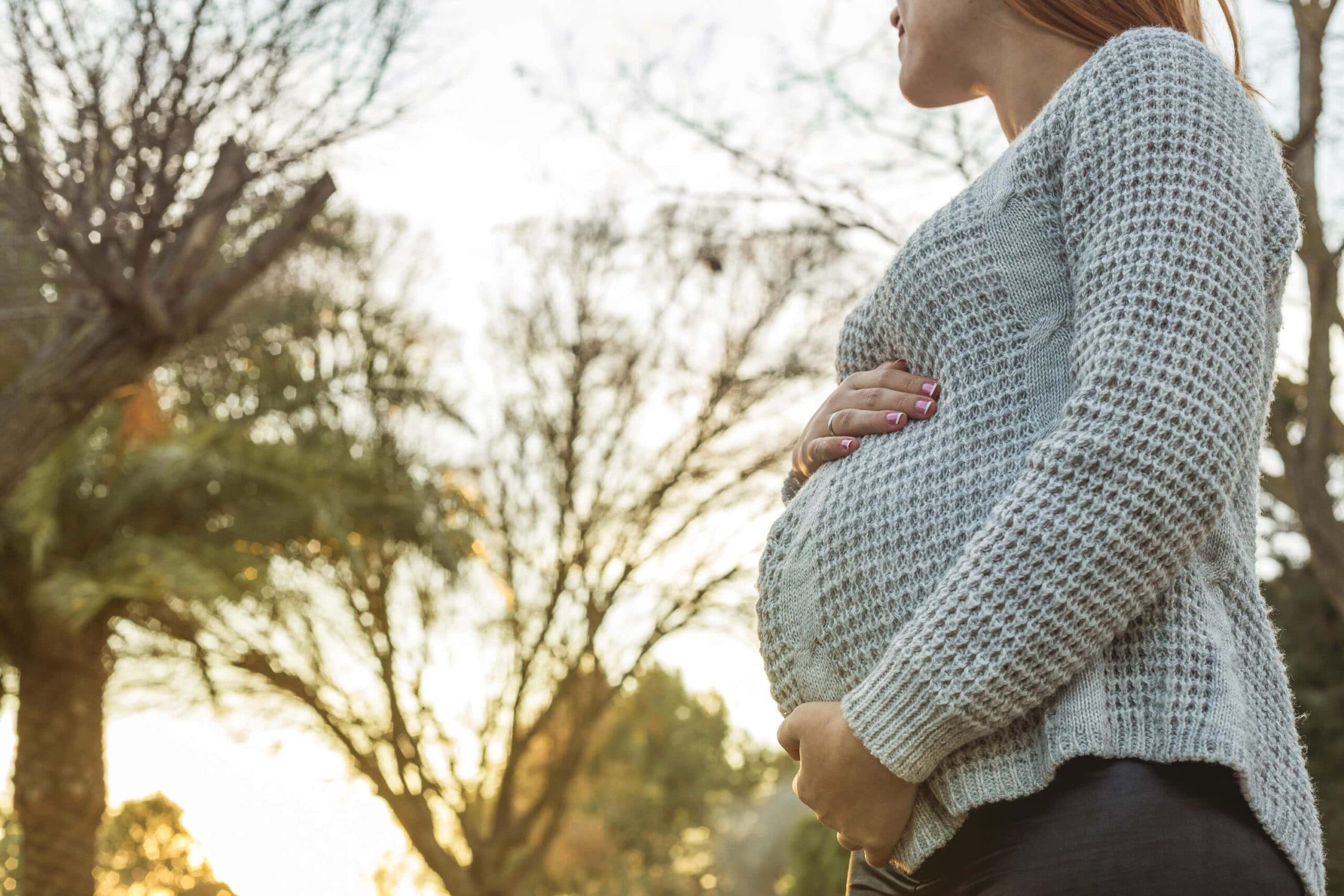England’s chief midwife Jacqueline Dunkley-Bent is appealing for hesitant pregnant women to book their jabs after new research from Oxford University found more than 99% of expectant mothers admitted to hospital with Covid-19 are unvaccinated.
Scientists say that the Delta variant of the virus poses a significantly greater risk of severe disease, and currently, one in 10 pregnant women admitted to hospital with symptoms of Covid-19 require intensive care.
Vaccination against coronavirus is recommended by The Royal College of Obstetricians and Gynaecologists in pregnancy, but the decision of whether to have the vaccine is your choice.
To help you make an informed decision, here are some key facts.
1. Initial trials have shown that there are no safety concerns
Pregnant women in the UK are offered both the Pfizer-BioNTech or Moderna vaccines. Data from the US, where over 130,000 pregnant women have had these types of vaccines, has not raised any safety concerns.
Some 4,000 pregnant women in Scotland have also received a vaccine with no adverse effects recorded.
However, the charity Tommy’s and the RCOG note that the Covid-19 vaccines have not yet been tested specifically in pregnant women, and future studies should give us more information on how effective the vaccine is in pregnancy.
2. Women who have received a vaccine pass on antibodies to their babies
A study conducted by Weill Cornell Medicine and New York-Presbyterian has shown that women who have received a vaccine pregnancy pass on protective antibodies to their babies through the umbilical cord.
Studying 122 women, the researchers reported that 99% of newborns had present antibodies after their mothers received both vaccine doses, and 44% of babies had antibodies after just one dose.
Antibodies are protective proteins produced by the immune system to help detect harmful substances, called antigens, which can lead to sickness with Covid-19.
3. The vaccines cannot give you or your baby Covid-19

The NHS stress that you cannot catch Covid-19 from having the vaccines and you also can’t pass it to your baby through your breast milk.
Vaccines teach our immune systems how to recognise and fight specific viruses. None of the authorized vaccines in the UK contain the live virus that causes Covid-19.
4. Pregnant people are at an increased risk for severe illness from Covid-19
Studies, as reported in the British Medical Journal, have found that pregnant people are more likely to get severely ill from Covid-19 compared to non-pregnant people, and they are more likely to be admitted to intensive care.
This is because the changes that happen in the body during pregnancy increase the risk of getting severely ill with respiratory viral infections.
Dr Nitu Bajekal says: “While many pregnant women may have mild symptoms, 1 in 10 are at risk of getting admitted and of getting rather unwell.
We are seeing an increase in the number of women admitted with more serious complications from Covid-19 while pregnant, including twice the risk of stillbirth and twice the risk of preterm labour.
“All stages of pregnancy are safe to have the vaccine.”
Marian Knight, professor of maternal and child population health at the Nuffield Department of Population Health, University of Oxford, commented: “It is very concerning that admissions of pregnant women to hospital with Covid-19 are increasing and that pregnant women appear to be more severely affected by the Delta variant of the disease.
“Around 200 pregnant women were admitted to hospital with Covid-19 last week.”
5. No double-jabbed pregnant women have been admitted to hospital with Covid-19 in England
Data from the recent Oxford University study reveals that the majority of the pregnant women hospitalised with the virus since mid-May had not received a Covid-19 vaccine.
This was compared to just three women who had received a first dose, and no fully vaccinated pregnant women.





